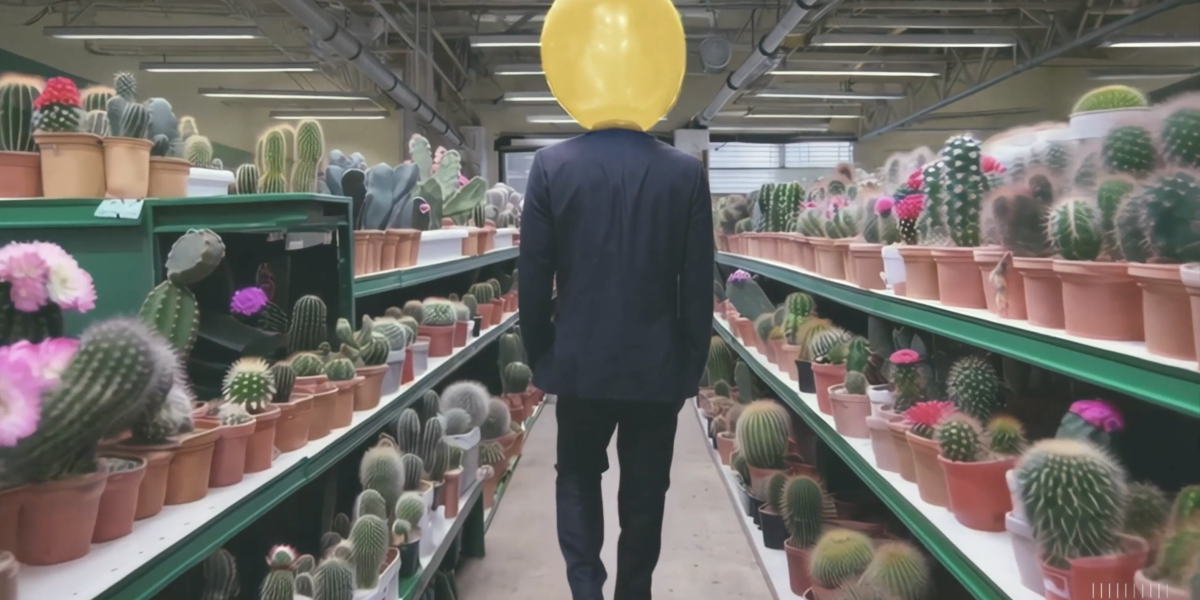
Hallucination is still a feature of Sora, like it is in any generative model. With still images this might produce weird visual defects; with video those defects can appear across time as well, with weird jumps between frames.
He also had to figure out how to speak Sora’s language. It takes prompts very literally, he says. In one experiment he tried to create a shot that zoomed in on a helicopter. Sora produced a clip in which it mixed together a helicopter with a camera’s zoom lens.
But Stevenson says that with a lot of creative prompting, Sora is easier to control than previous models.
Even so, he thinks that surprises are part of what makes the technology fun to use: “I like having less control, I like the chaos of it,” he says. There are many other video-making tools that give you control over editing and visual-effects. For Stevenson, the point of a generative model like Sora is to come up with strange, unexpected material to work with in the first place.
The clips of the animals were all generated with Sora. Stevenson tried many different prompts until the tool produced something he liked. “I directed it, but it’s more like a nudge,” he says. He then went back-and-forth trying out variations.
Stevenson pictured his fox-crow having four legs, for example. But Sora gave it two, which worked even better. (It’s not perfect: sharp-eyed viewers will see that at one point in the video the fox-crow switches from two legs, to four, then back again.) Sora also produced several versions that he thought were too creepy to use.
When he had a collection of animals he really liked, he edited them together, then added captions and a voiceover on top. Stevenson could have created his made-up menagerie with existing tools. But it would have taken hours, even days, he says. With Sora the process was far quicker.
“I was trying to think of something that would look cool and experimented with a lot of different characters,” he says. “I have so many clips of random creatures.” Things really clicked when he saw what Sora did with the giraffe-flamingo. “I started thinking what’s the narrative around this creature, what does it eat, where does it live?” He plans to put out a series of extended films following each of the fantasy animals in more detail.
Stevenson also hopes his fantastical animals will make a bigger point. “There’s going to be a lot of new types of content flooding feeds,” he says. “How are we going to teach people what’s real? In my opinion, one way is to tell stories that are clearly fantasy.”
Stevenson points out his film could be the first time a lot of people see a video created by a generative model. He wants that first impression to make it very clear: this is not real.
